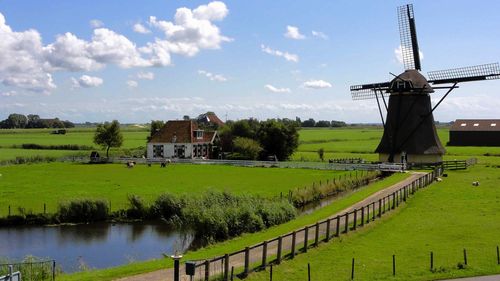Exploring the Questions of Cultural Identity: What Shapes Our Sense of Belonging?
Have you ever stopped to think about what shapes your sense of cultural identity? Whether we realize it or not, our identity is heavily influenced by the traditions, beliefs, and values of our cultural upbringing. In this blog article, we’ll dive into the complexities of cultural identity and explore what factors contribute to our sense of belonging.
What Exactly is Cultural Identity?
Cultural identity refers to the sense of belonging to a particular culture or group that has its unique customs, beliefs, and traditions. It’s the way we see ourselves in relation to others and the world around us. It goes beyond the merely external markers of language, ethnicity, or race and encompasses how we think, feel, and behave in response to our environment.
The Role of Family and Community
Our sense of cultural identity often begins at a very young age and is largely shaped by our family and community. Children learn about their culture from their parents, grandparents, and extended family, who pass down their values and traditions through stories, celebrations, and daily interactions. Schools, religious institutions, and community events also play a vital role in shaping our sense of belonging.
Language and Communication
Language is another critical factor in shaping cultural identity. The language we speak and how we communicate with others plays a significant role in how we perceive ourselves and our cultural group. Language is a powerful tool for expressing identity, preserving cultural heritage, and connecting with others who share our experiences.
The Impact of History and Politics
The history of a culture can also play a significant role in shaping its identity. Historical events, such as colonization, wars, and political movements, can have a lasting impact on a culture’s beliefs, values, and traditions. These historical events can also impact how a culture is perceived and treated by others in society.
Cultural Identity in a Globalized World
In today’s globalized world, cultural identity is becoming more complex and interconnected. Advances in technology and transportation have made it easier for people to explore different cultures and connect with others from around the world. However, this globalization can also impact cultural identity by blurring the lines between cultures and creating a sense of dislocation or loss of traditional values.
Conclusion
In conclusion, cultural identity is a complex and multifaceted concept that’s shaped by a range of factors, including family, language, history, and politics. It’s an essential part of who we are and how we see ourselves in the world. Embracing our cultural identity, preserving our traditions and beliefs, and connecting with others who share our experiences can help us find a sense of acceptance, belonging, and purpose in life.
(Note: Do you have knowledge or insights to share? Unlock new opportunities and expand your reach by joining our authors team. Click Registration to join us and share your expertise with our readers.)
